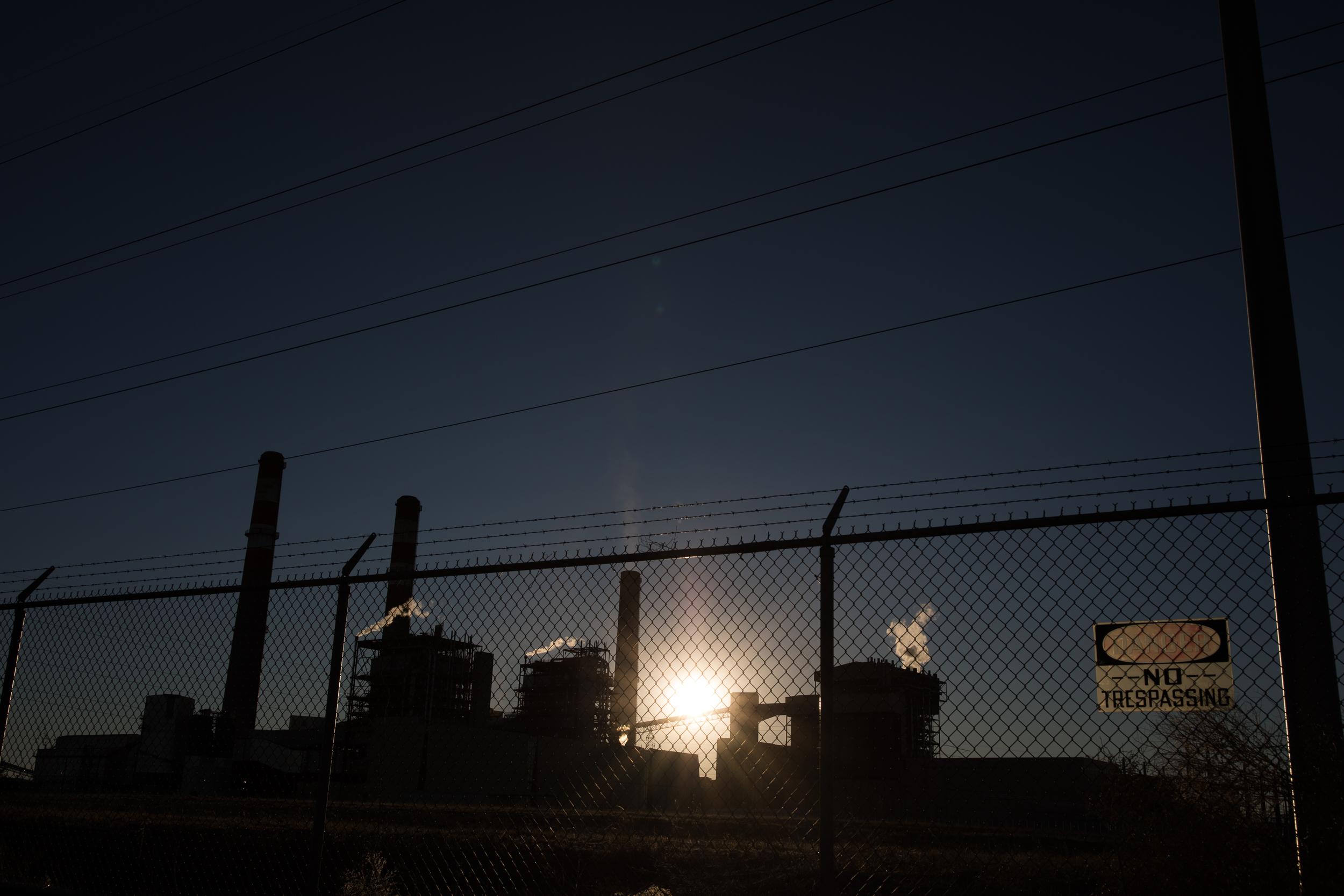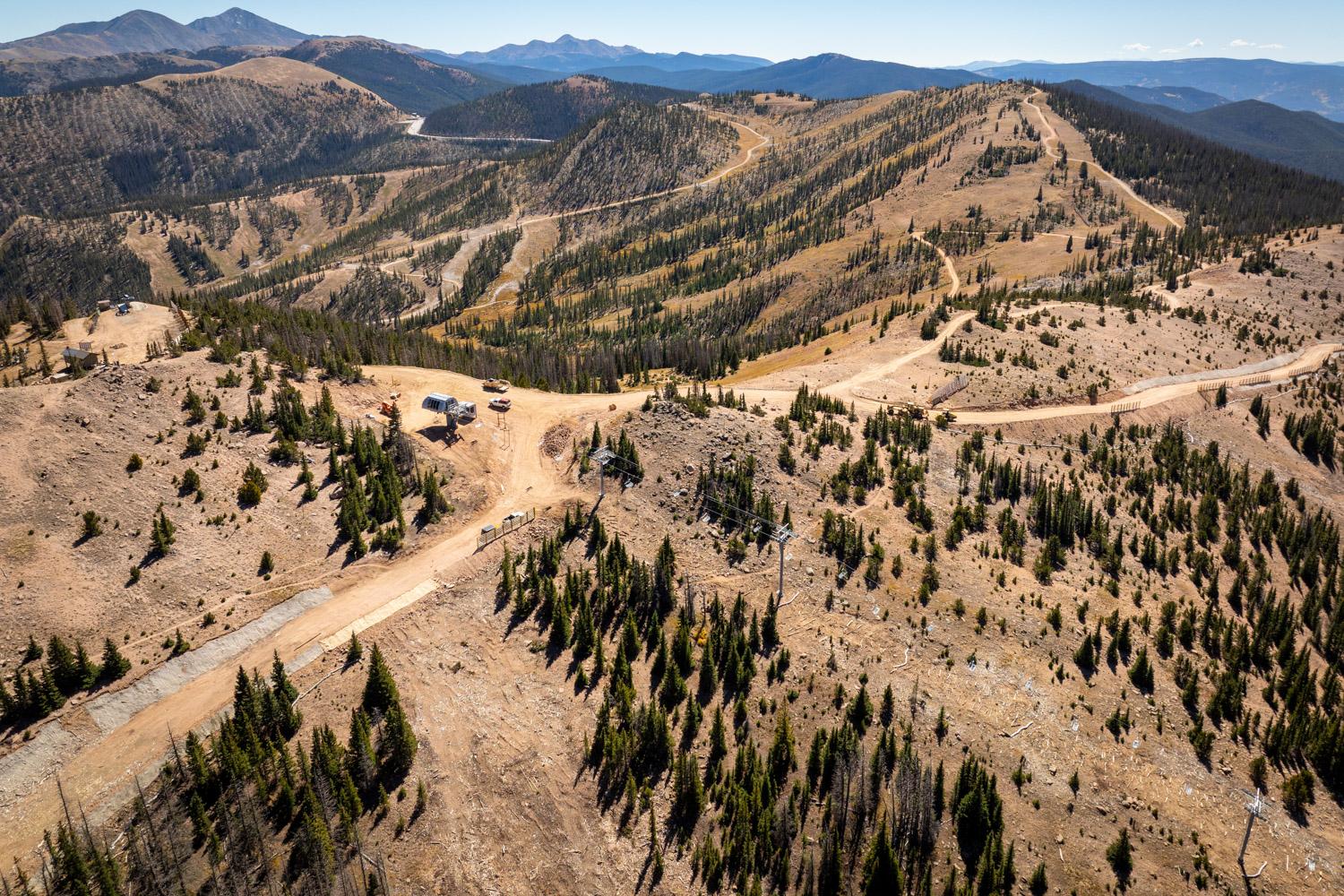
Meteorologists are preparing residents for a wave of sub-zero temperatures and arctic wind chill forecasted to hit the Front Range later tonight.
So are the state’s energy companies. After tough and expensive lessons from a nationwide storm early last year, Colorado regulators and utility officials say they have extra natural gas ready ahead of time to heat and power homes and businesses.
In a statement, Drew Bolin, a spokesperson for the Colorado Public Utilities Commission, said the projected cold snap “is not an unusual event,” and the state’s power plants should be able to withstand the below-freezing temperatures “with limited issues.”
There were few service interruptions for Coloradans during the winter storm on Valentine’s Day weekend in 2021, unlike in Texas, where system failures led to millions of people losing power and hundreds of deaths.
The storm happened over a holiday weekend, and demand overwhelmed the daily natural gas market. Colorado’s public utility commissioners said the state’s largest energy provider, Xcel Energy, acted prudently during the weekend but did not take enough precautions to avoid having to buy natural gas at extravagant prices.
Since then, the state’s utilities pledged to improve their communication with customers leading up to and during extreme weather events, Bolin said.
Xcel Energy has bought and stored more natural gas and scheduled fuel purchases directly from producers this winter, said company spokesperson Tyler Bryant. The storm is expected to be tamer than last year’s, and Xcel is not anticipating another giant price spike, he said.
Natural gas prices in December are expected to be nearly double the ones recorded at the same time last year, according to data from the U.S. Energy Information Administration.
Black Hills Energy, which serves 100,000 customers in south-central Colorado, is also not expecting major outages, said company spokesperson Julie Rodriguez.
Both utilities, as well as Colorado Natural Gas, issued statements this week highlighting ways customers could keep their energy use low during the coldest periods this week, which are projected to extend from Wednesday night through Friday morning.
They include:
- Lowering thermostats and water heaters
- Opening curtains or blinds to let in warming sunshine
- Turning off lights
- Clearing space around furnaces
- Insulating windows and doors to prevent air leaks
- Keeping inside doors open to balance temperature around the home









